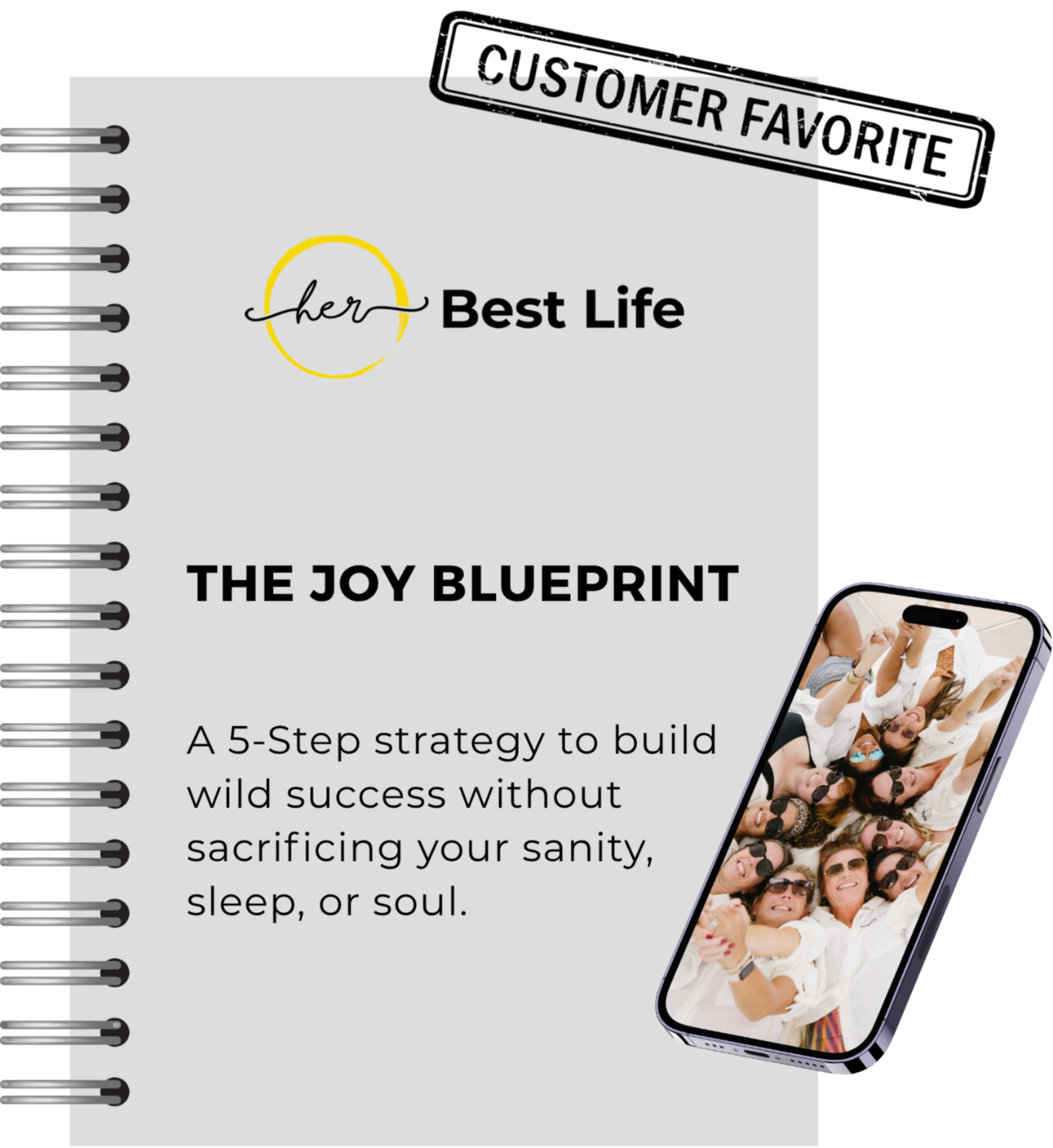Dealing with disappointment isn’t easy.
Sometimes we turn these disappointments into narratives that simply aren't true. We tell ourselves the client went another way "because she doesn't like us." We feel betrayed when a valued employee leaves for a better opportunity. We feel like a bad parent when our kid doesn't bring home straight-A work.
This kind of negative self-talk impacts every facet of our lives, including our businesses, family lives, and mental health.
Today we're going to explore the categories of disappointment. Then we’ll give you six steps for overcoming it so you can feel what you feel and get on with it—without sacrificing your well-being or sales numbers.
3 Categories of Disappointment
Christine Hassler, in her book Expectation Hangover: Overcoming Disappointment in Work, Love, and Life shares a framework for knowing when we are setting ourselves up for disappointment and how to deal with disappointment beyond our control.
She notes that disappointment usually falls into one of three categories.
Situational disappointment can happen when outcomes don't meet our expectations or are not as satisfying as we expected.
Interpersonal disappointment occurs when we feel someone let us down. Maybe they did. Maybe they didn't.
Self-imposed disappointment is about believing we failed to meet our expectations. How well do we evaluate our end-of-year or quarterly sales goals? Do we use the data to adjust or beat ourselves up?
Hurling a constant barrage of "should haves" through gritted teeth takes a physical and mental toll leading to depression and physical illness.
Processing disappointments as they come helps us build and maintain a bigger life.
6 Steps for Overcoming Disappointment
1. Anticipate it.
Accept reality. Life is full of trouble. In Matthew 6:34, Jesus told us that every day will have "trouble of its own." Jesus dealt with disappointment and so will we.
2. Feel it.
We tell ourselves the easy way out of disappointment is to ignore or minimize how we feel in our hearts and the pit of our stomachs. Stuffing emotions ultimately makes things worse, so own your disappointment. Sit with it.
3. Control your response.
It's not always possible to control your first reaction, but you have absolute control over your next responses and your decisions going forward. This is a difficult habit to learn but it’s well worth the effort in your relationships, life, and business.
4. Interrogate your reality.
Develop a "disappointment framework," which is a series of questions you ask yourself.
- Were my expectations reasonable here?
- Was it reasonable to expect everything to go my way today?
- What part of this am I responsible for?
5. Make a deadline.
Disappointment hangovers happen. Let them. Feel them. But give yourself a time frame for getting back into a rhythm.
6. Lean on your circle.
We all need someone who can help us tell ourselves the truth whether it's "Put on your big girl britches" or "You have set unreasonable expectations for yourself." Or, "Yup. This one's tough. I'm here while you get through it."
The most important takeaways about disappointment:
- Big lives are not without trouble. The big life comes when you learn to deal with it in a healthy way.
- Own the emotion by trusting someone else to hold that space with you.
That's it for today!
Build a big business and an even bigger life.
(Like this entry? Click HERE to share with a friend!)
FREE DOWNLOAD
KNOW YOUR NUMBERS:
Net Worth Spreadsheet

Your business should feel good while you build it. This free guide gives you the exact steps to scale with clarity and calm — no burnout required.
By submitting this form you are agreeing to receive future communication from Her best Life LLC.
Your information will not be shared with a third party. Unsubscribe anytime.


